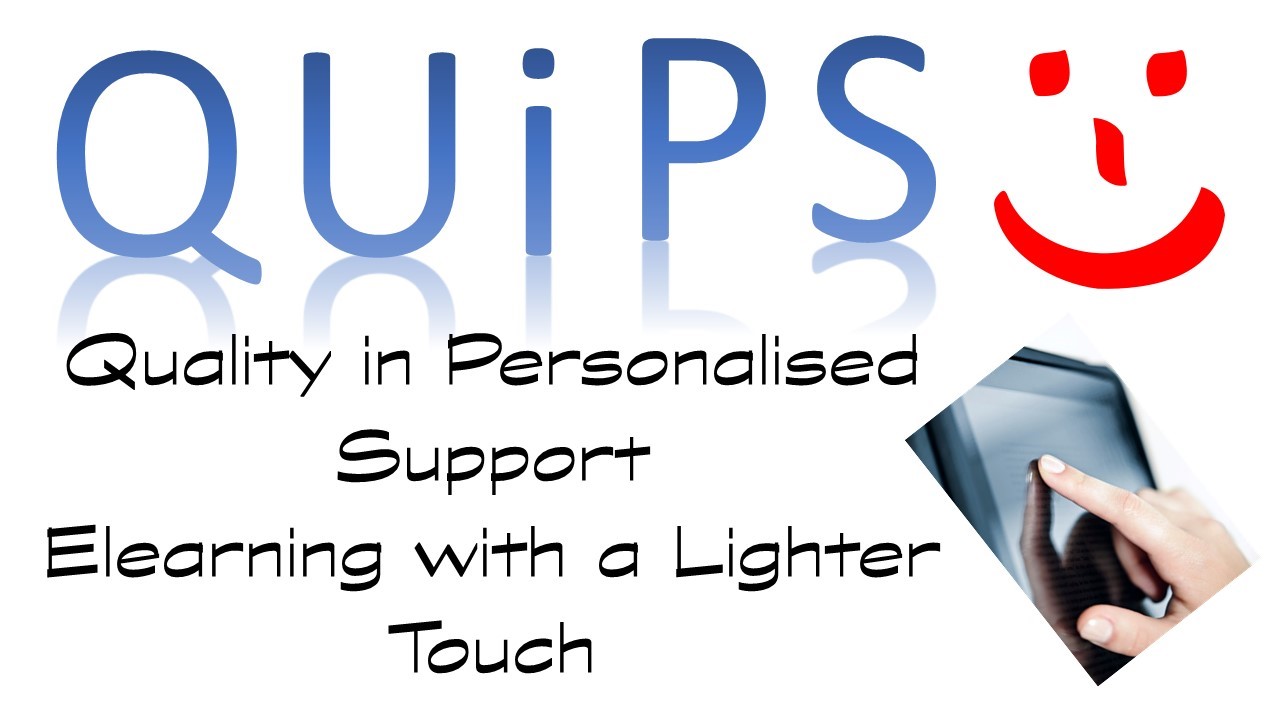H817 Activity: Using ‘Creative Commons Licences’ for one’s own blog material
I feel rather nervous of suggesting that I would want to enter into the world of ‘intellectual copyright’ in any way at all. I have always been interested in it. It entered into the world of all the great nineteenth century writers I love, but Dickens most of all. But these were people full of an uncanny belief in their right to live solely by the fruits of their intellectual labour (not that writing for Dickens wasn’t also physical labour). Since I don’t see myself, or wish to be seen at any future time, in that class, there is something I don’t like that I find troubling here – even though I can’t quite put my finger on it.
So instead, I’m returning to my fictitious company, QUiPS. It would employ by necessity a CC-BY-SA without using the NC provision. This may seem strange from an old lefty like me.
I imagined QUiPS from the best of what I saw as a social worker which wasn’t always in the state sector. Personally, I do not know what to do with the contradiction this leaves me in. The rest is role-play.
QUiPS says:

- We are set up in the absence of adequate state provision for community and social care and inadequate levers for raising its quality.
The tendency for the social aims of community care has been to throw off the dependency for funding from the state alone but not necessarily by our own choice. Reluctantly QUiPS accepts that, because otherwise people (adults and children) who are considerably at risk will go unprotected. State services, poorly funded, and afraid of litigation become secretive and closed institutions, unable to safeguard a quality of safety we should expect.
Although much of the provision, including quality monitoring, has been provided for on a ‘not-for-profit’ basis by charities in the past, even they now find this unsustainable, setting up ‘for-profit’ arms that are complexly bound to the charities’ who produce them. And even this ‘3rd sector’, as it increasingly called (since it is neither comfortably described now as ‘not-for-profit’ or ‘voluntary’) cannot alone soak up the vast needs (and desire) for innovative work on care and support resources and cultures (of which education is part) without private providers. StartRight centres were magnificent under safe state funding but look at them now.
Some private sector providers are small-scale anyway, set up by social workers who are wary now even of the state sector, so much has it inculcated business world ‘realism’. Even the private sector can help if it can use creative ideas freely, even if part of the effect of that will be to increase corporate profit, regardless of ShareAlike’ recommendations, which we see as still a necessary protection from overt asset-stripping competitors, who foolishly see profit in our sector.
Hence, it would be inappropriate for a ‘NC’ clause for us, although we remain, for the time being ‘not-for-profit’, since it is our creativity, and that of our staff, that makes us attractive to the private sector. Moreover, they are equally dependent on us, since without the moral force we provide both state and private sector will, and can, only embrace decline and incapacity to meet growing need and a refusal to innovate in ways that meet needs that are personalised and hard to distinguish from ‘desires’. Indeed it is only the vulnerable now (economically and in every other way) who are asked to divorce ‘what they need’ from ‘what they want’
The OU is a large multi-national corporation. It embraces NC because it sees private sector competitors as an enemy, and it may be correct in that (our operation could and should never be multinational). For us, we feel that arguments about compatibility with like-minded small private sector firms and hence ability to see our products spread and because we see our role strengthened and our mission propagated in promoting the basic and beneficial uses of growing literacy about social care and support, we accept the arguments of ‘freedomdefined.org.’
Comments
New comment
I hear you, brother Steve. I don't think the non commercial restrictions should be placed on work in the health and social care domaine. It doesn't seem right to me either. I haven't "invented" anything new, I'm imparting knowledge, sharing best practice and hopefully helping others to receive better care. As soon as the thought of money comes into it, we're a different realm (probably already inhabited by people who keep their profits offshore) and some of the authenticity is lost. I know this might seem the opposite to what non-commercial should mean, but let's face it, it doesn't stop someone making money. It makes sure you're in on the deal.
Let others make money from my work if they like - it wasn't even mine to own in the first place.
Vx